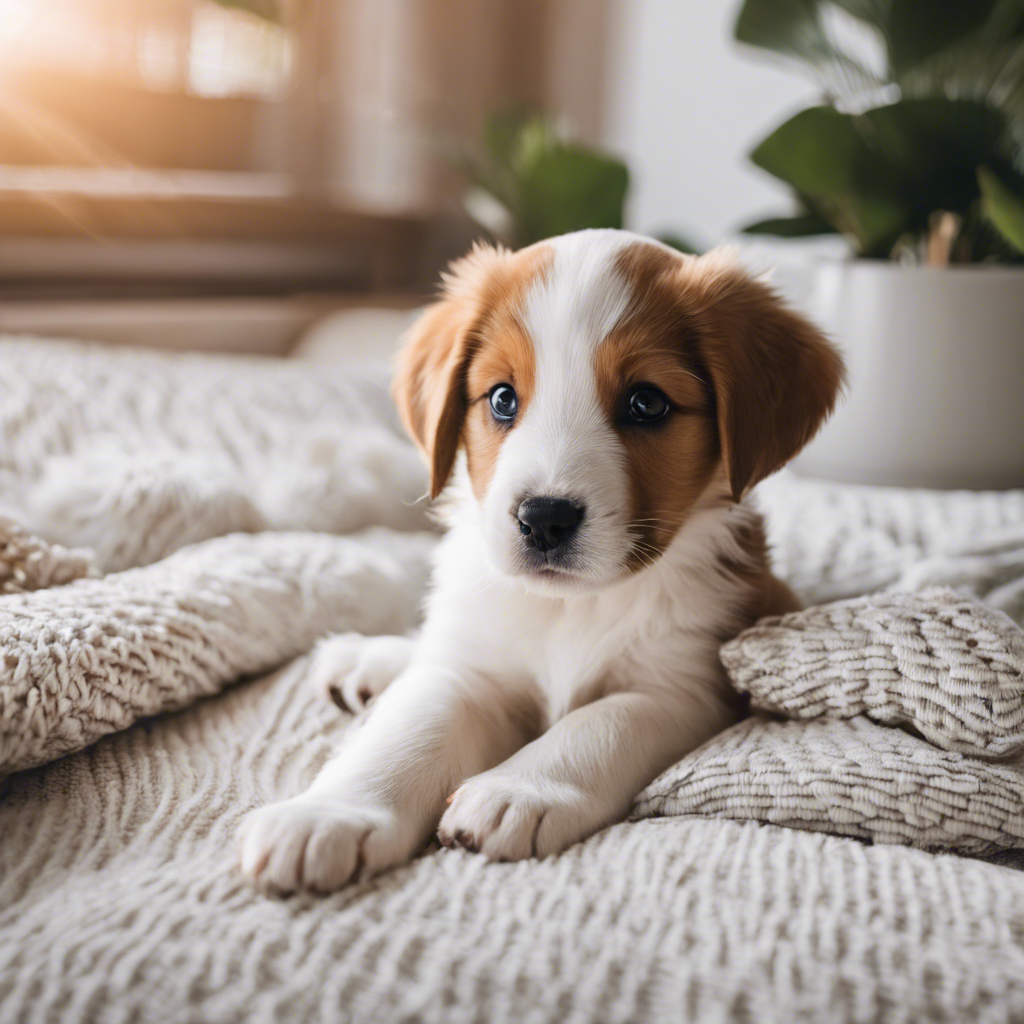Puppyhood is an exciting but challenging phase for both dogs and their owners, and one common hurdle they may face is separation anxiety. This distressing condition can be especially prevalent in the early stages of a puppy’s life as they navigate the unfamiliar experience of being apart from their littermates and their new human family. Understanding and addressing separation anxiety is crucial for ensuring your puppy’s well-being and fostering healthy independence.
Bringing a new puppy into your home is an incredibly joyful experience, but it’s natural for them to feel anxious when left alone initially. They may demonstrate this anxiety through excessive barking, destructive behavior, or even accidents in the house. As a responsible pet owner, it’s your duty to address these issues and help your furry friend feel more secure and confident when you’re not by their side.
,
Separation anxiety in puppies can manifest in various ways. Some common signs include incessant whining or barking when you’re preparing to leave or as soon as you’re out of sight. Your puppy might also start exhibiting destructive behaviors like chewing furniture or scratching at doors. These actions are not merely acts of rebellion; they are distress signals that indicate your puppy is feeling anxious and needs your help to cope with their emotions.
The root causes of separation anxiety vary. For some puppies, it could be related to their early environment, such as being weaned too early or spending minimal time alone. For others, it might be a response to a change in routine, such as starting a new job with longer work hours. Even a traumatic event like being left alone for an extended period or a frightening experience when left alone can trigger this anxiety.
To help your puppy overcome separation anxiety, start by creating a safe and comfortable environment. Provide a cozy bed or crate where they can relax, and consider leaving some toys or treats to keep them occupied. Gradually increase the time you spend away, starting with short intervals, and return before they start to show signs of distress. This process, known as desensitization, helps them understand that being alone is temporary and nothing to fear.
Implementing a consistent routine is vital. Puppies find comfort in predictability, so establish a daily schedule for feeding, play, and potty breaks. Ensure you give your puppy plenty of exercise and mental stimulation before you leave to help them relax while you’re away.
When you have to leave, avoid emotional goodbyes, as they can heighten your puppy’s anxiety. Instead, maintain a calm and positive attitude, and reward them for staying composed when you return. Gradually, your puppy will learn that your departure is not a cause for alarm.
Consider using a dog camera or a pet monitor to keep an eye on your puppy while you’re away. This technology allows you to check in on them and ensure they’re safe and comfortable. If you notice any behavioral issues, consult a professional dog trainer or behaviorist who can provide tailored advice and support.
Additionally, exposing your puppy to various environments and people can help them build confidence. Arrange playdates with other dogs and encourage positive interactions with different people to boost their social skills and reduce anxiety.
Remember, patience and understanding are vital when dealing with separation anxiety. Each puppy is unique, and some may take longer to adjust. With consistent care and a structured routine, your puppy will eventually feel more secure, and you’ll be able to leave them alone without worry.
In conclusion, managing separation anxiety in puppies requires a combination of understanding, patience, and a structured approach. By creating a safe space, gradually increasing alone time, and maintaining a consistent routine, you can help your puppy become more independent and confident. Over time, they’ll learn to cope with your absence, and the bond you share will become even stronger. So, take these steps, and enjoy the rewarding journey of raising a happy and well-adjusted dog!
Dealing with separation anxiety is a common challenge for new puppy owners, but with the right approach, it can be overcome, paving the way for a wonderful and loving relationship with your furry companion.

